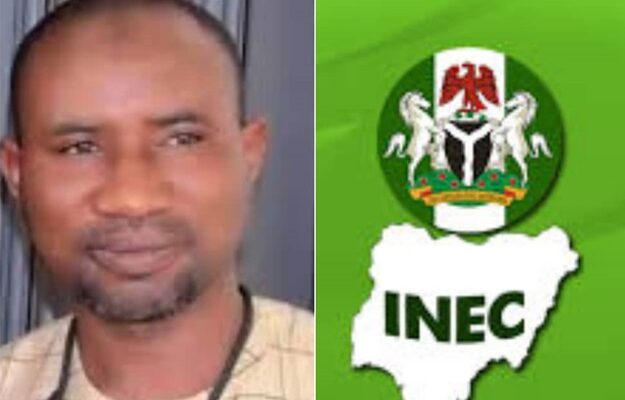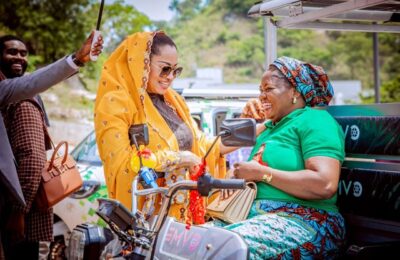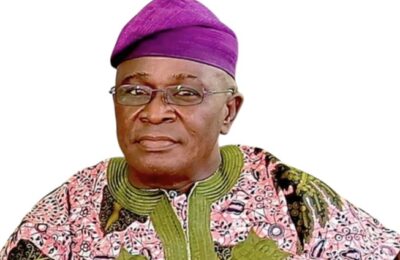Electoral fraud remains one of the most damaging threats to Nigeria’s democracy. It undermines public trust, fuels political instability, and robs the people of their true choice. A glaring example is when the number of votes counted exceeds the total number of accredited voters — an irregularity that should never occur in a credible election.
One effective way to tackle this is to make electronic transmission of results not just an option but a legal requirement. In our digital age, technology offers reliable and tamper-proof solutions. Consider how difficult it is to unlock another person’s Android phone using fingerprint recognition — a security feature many rely on daily. If such technology can safeguard personal devices, why can’t it safeguard the most important democratic process in our nation?
The experience of former Kaduna State Governor, Mallam Nasir El-Rufai, during local government elections is proof that this is possible. His administration introduced an electronic voting system that significantly reduced malpractice and restored public confidence at the grassroots level.
While the BVAS (Bimodal Voter Accreditation System) is a step forward, it is insufficient on its own. Beyond accreditation, results must be transmitted directly from polling units in real-time, rather than merely scanning and uploading result sheets that can be tampered with or manipulated to contradict the number of accredited voters.
The harsh reality is that the Independent National Electoral Commission (INEC) is not truly independent — and it may never be — until strong legal, institutional, and technological safeguards are put in place.
With a truly free, fair, and transparent electoral process, losers will be more inclined to congratulate winners, and the avalanche of post-election court cases will drastically decline.
The National Assembly must act with urgency to amend the Electoral Act. If they delay, it raises a serious question: are they benefiting from the very fraud that continues to cripple our democracy?
Electoral reform cannot wait. The future of Nigeria’s democracy depends on it.
– Comrade Jélìl Adabara El-Okene
Educational Advocate | Youth Development Crusader | Public Affairs




